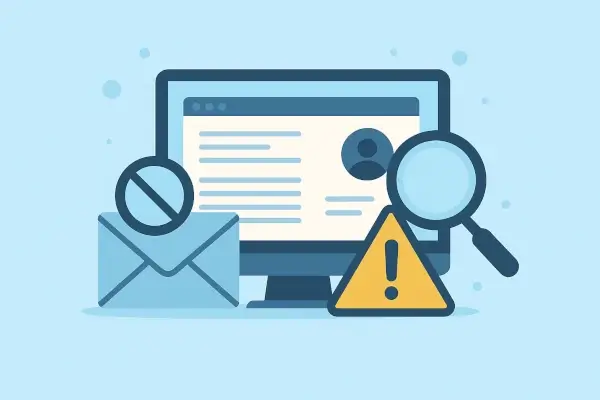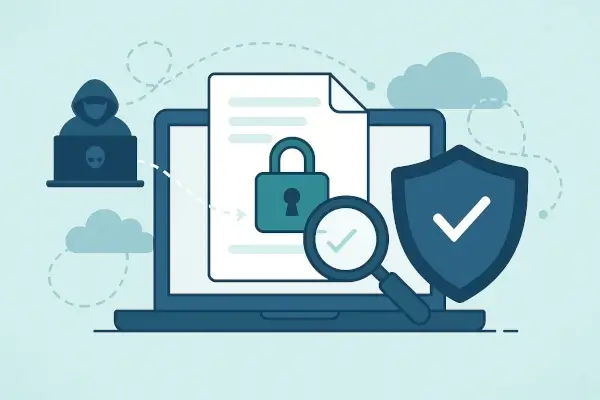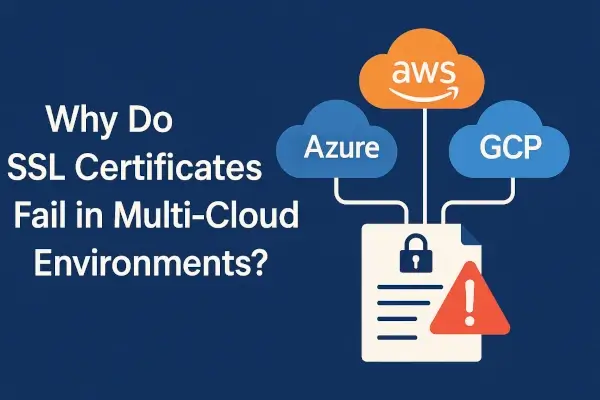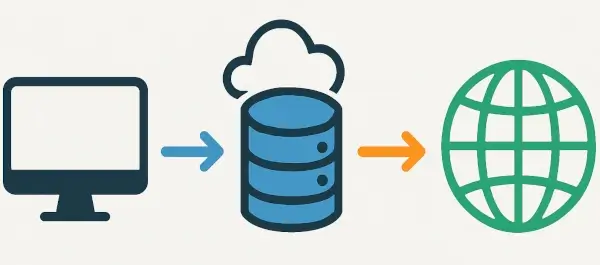What Is Email Blacklist Monitoring?
Posted on October 10th, 2025 by Simon Rodgers in Monitoring, Explainer
When legitimate emails start bouncing or disappearing into spam folders, the cause is often a hidden one: your domain or mail server has been blacklisted.
How SSL Certificate Monitoring Prevents Man-in-the-Middle Attacks
Posted on September 26th, 2025 by Simon Rodgers in Monitoring, Explainer
Man-in-the-Middle (MITM) attacks remain one of the most dangerous cybersecurity threats. In these attacks, hackers secretly intercept and sometimes alter communication between two parties. Without proper encryption, sensitive data such as passwords, credit card details, and personal information becomes exposed.
Why Do SSL Certificates Fail in Multi-Cloud Environments (AWS, Azure, GCP)?
Posted on August 29th, 2025 by Simon Rodgers in Explainer
SSL certificates keep websites and apps secure, but in AWS, Azure, and Google Cloud Platform (GCP), misconfigurations or expirations can still cause services to go offline. Why do these failures happen, and how can you prevent them?
Why Do You Need an SSL Certificate? Essential Reasons for Your Website
Posted on July 30th, 2025 by Damien Jordan in Monitoring, Explainer
Why do you need an SSL certificate? To protect your website and users. SSL certificates encrypt data, build trust, improve SEO, and ensure compliance with industry standards. This article will explore each of these reasons in detail.
Simplified DNS Management for Faster Website Performance
Posted on April 22nd, 2025 by Simon Rodgers in Tools, Explainer
Have you ever launched a website, made a DNS change, and then waited and waited some more for it to go live? You are not alone.

 Copyright 2000-2026, WebSitePulse. All rights reserved.
Copyright 2000-2026, WebSitePulse. All rights reserved.